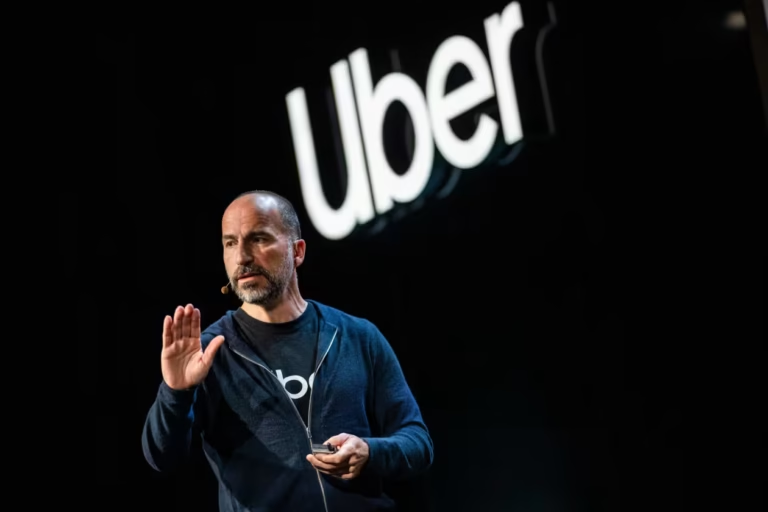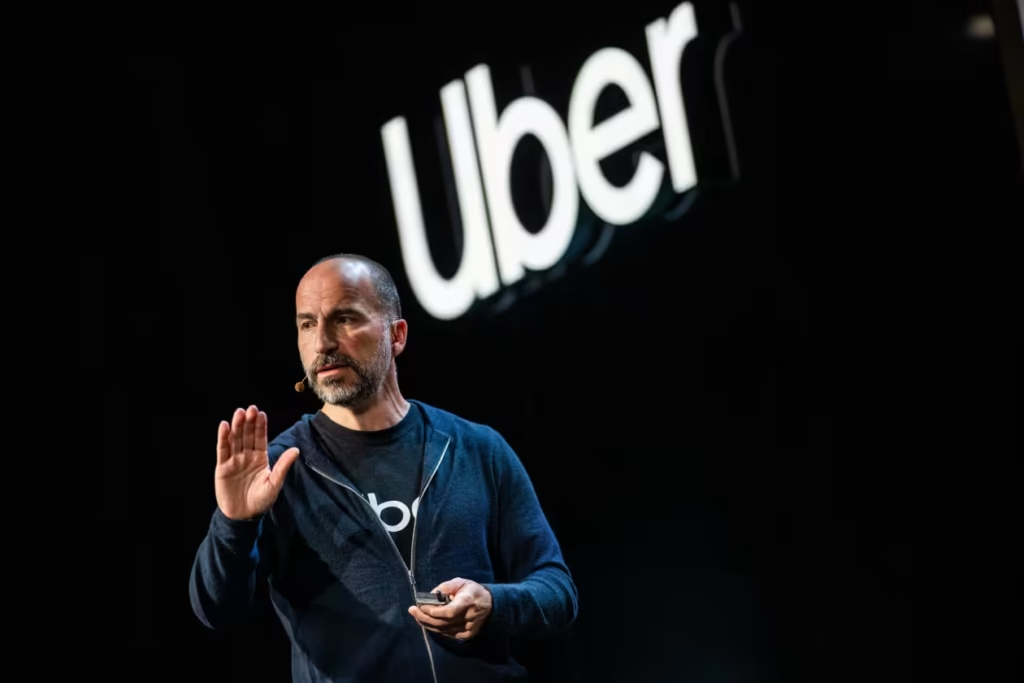President Anura Kumara Dissanayake recently announced that a new budget for Sri Lanka will be presented in February 2025, bringing important tax relief measures, particularly targeting Pay-As-You-Earn (PAYE) tax reductions. Speaking on a televised program, he shared details about the planned budget and the economic changes his government intends to implement to improve living standards for Sri Lankans.
PAYE Tax Reduction Focused on Lower-Income Earners
President Dissanayake explained that the primary goal of the upcoming budget is to reduce the current PAYE tax burden, especially for lower-income earners. “The reduction will be more substantial for those with lower salaries, while high-income earners will experience a smaller decrease,” he clarified. This approach, he emphasized, aims to provide relief to those who need it most, balancing tax collection with the need to support the workforce.
Collaborations with the IMF for Economic Stability

Dissanayake mentioned that officials from Sri Lanka recently held discussions with representatives from the International Monetary Fund (IMF) in Washington. These talks focused on the upcoming fiscal policies and tax reforms. An IMF delegation is expected to visit Sri Lanka on November 14 to continue discussions, reinforcing the country’s commitment to economic stability within the IMF’s framework.
A Streamlined Government with a Supplementary Budget
Following the November 14 election, Dissanayake plans to appoint a streamlined cabinet of fewer than 25 members. In the meantime, a supplementary budget will be introduced to support government operations until the full budget is unveiled in February. This interim budget will allow the government to address immediate needs and continue functioning smoothly through March 2025.
VAT Relief on Essential Goods and Services
In addition to PAYE tax reductions, the new budget will also target the Value Added Tax (VAT) on certain essential goods and services. President Dissanayake stressed the importance of prioritizing economic relief for targeted groups, even as the country works toward improving tax collection. He underscored the need for a balance, stating, “We aim to foster an economy and environment where everyone can live comfortably.”
Meeting IMF Targets: Balancing Fiscal Responsibility and Public Welfare
Sri Lanka currently operates within the financial guidelines set by the IMF, which include increasing government revenue to reach 15% of GDP by 2025, up from the 13.8% target for this year. The IMF also expects the primary account balance to reach a positive 2.3% by 2025. The President acknowledged the challenges these targets bring but emphasized the importance of maintaining fiscal responsibility while protecting public welfare.
President Dissanayake highlighted that Sri Lanka faces two options: either exit the IMF program and risk economic instability or remain in the program while balancing strict financial goals with the well-being of its citizens. “Given our current economic situation, leaving the IMF program is not feasible,” he noted, pointing out that the economy would struggle with the shock of operating without IMF support.
Navigating Economic Challenges to Ensure a Better Future
The President recognized that reducing PAYE taxes and making adjustments to VAT will impact government revenue. However, he underscored that economic progress should not come at the expense of people’s livelihoods. “Achieving our economic goals is essential, but it must not undermine citizens’ right to a stable life,” he said.
With the new budget, Dissanayake aims to create a balance between economic targets and public welfare, ensuring that the path to recovery considers the well-being of every Sri Lankan. The proposed tax reforms and VAT relief represent a step toward this goal, signaling a commitment to fostering an environment where everyone can thrive.













